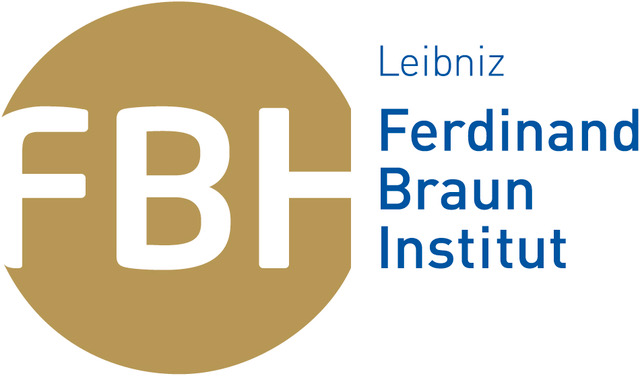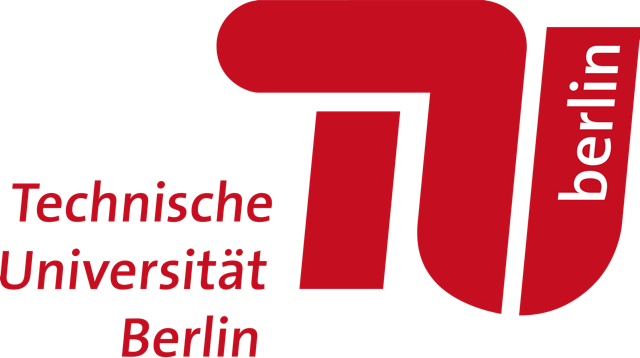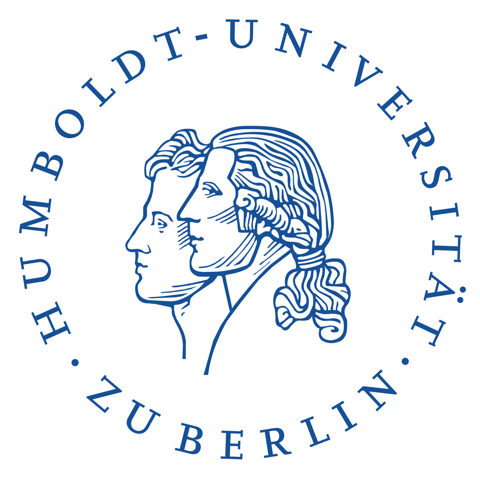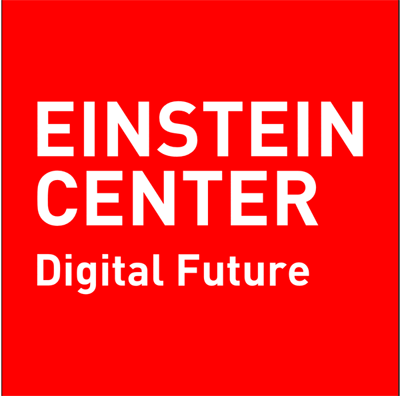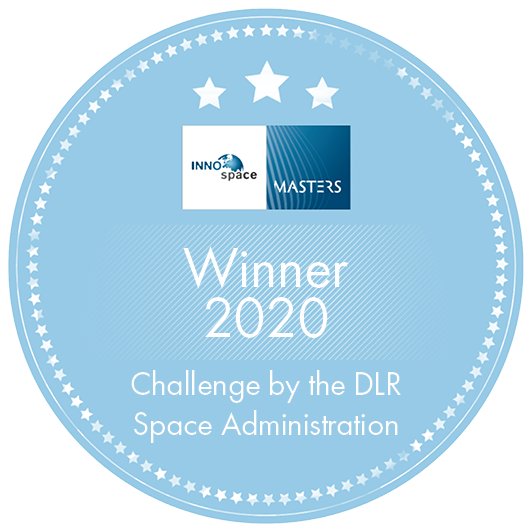QuMSeC – Quantum Memories for Secure Communication
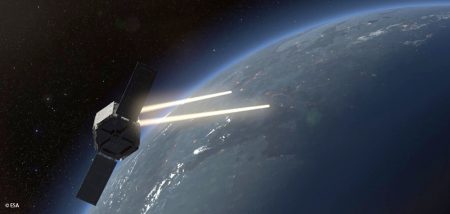
With a turnover of USD 156.3 billion1, satellite communication is a key component of the global digital economy and is of strategic importance to government and society. The Internet, television, telephony or communication in aviation and shipping rely on highly secure satellite communication networks.
However, the encryption methods used in data transmission today are vulnerable, which poses considerable security risks for critical infrastructures in the energy, telecommunications and transport sectors, for example. Quantum communication generally provides the necessary cyber security for current and future satellite communication systems. However, this has so far been based on the assumption of complete control over the development, manufacture, launch and operation of satellites. The „QuMSeC“ project, carried out by Humboldt-Universität zu Berlin and Technische Universität Berlin, is intended to set new standards for secure quantum key exchange with the help of quantum storage devices, even for untrustworthy satellites. In the future, customers and users without their own satellite infrastructure should benefit from secure data communication via satellites.
1 Global Space Economy 2018 (Source: Bryce Space and Technology, 2020)
Benefits:
- Verifiable communication security
- Market basis for quantum communication providers
- Enables economic exploitation of quantum communication
- Strengthening of the German leadership role in quantum technology
Technische Universität Berlin, Einstein Center Digital Future, Humboldt-Universität zu Berlin, Ferdinand-Braun-Institut, Leibniz-Institut für Höchstfrequenztechnik
Germany
Prof Janik Wolters, Dr Markus Krutzik
j.wolters@tu-berlin.de
m.krutzik@physik.hu-berlin.de
berlinquantum.net, physik.hu-berlin.de, qt-berlin.de
